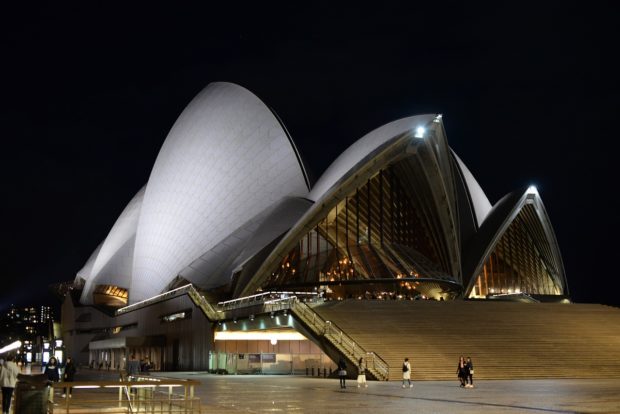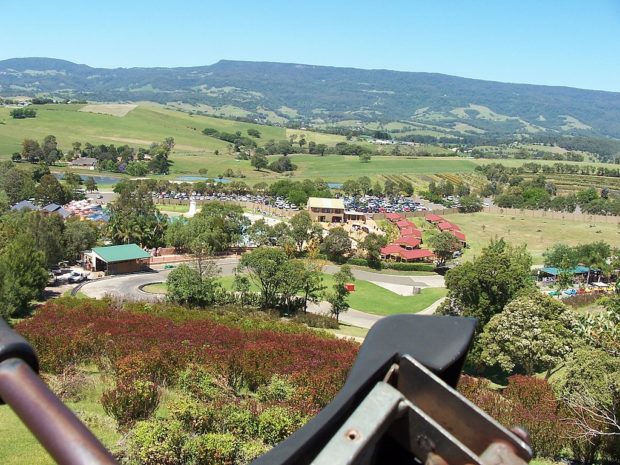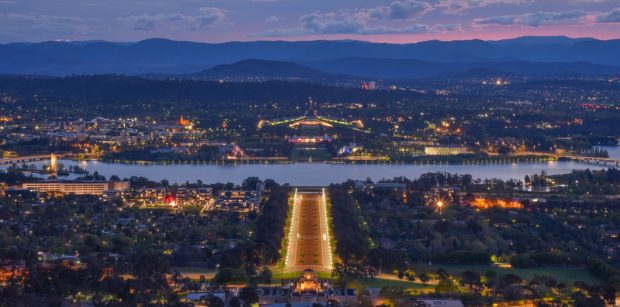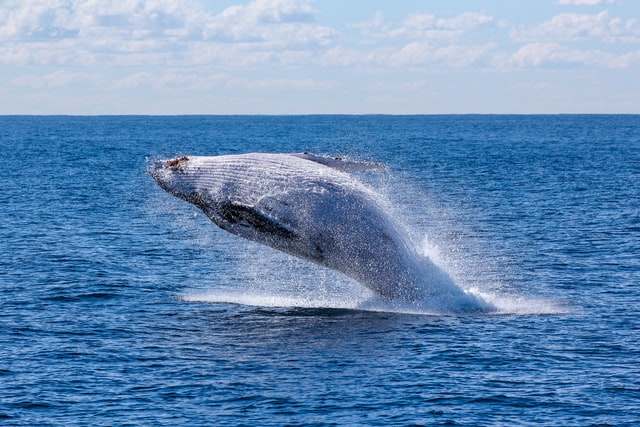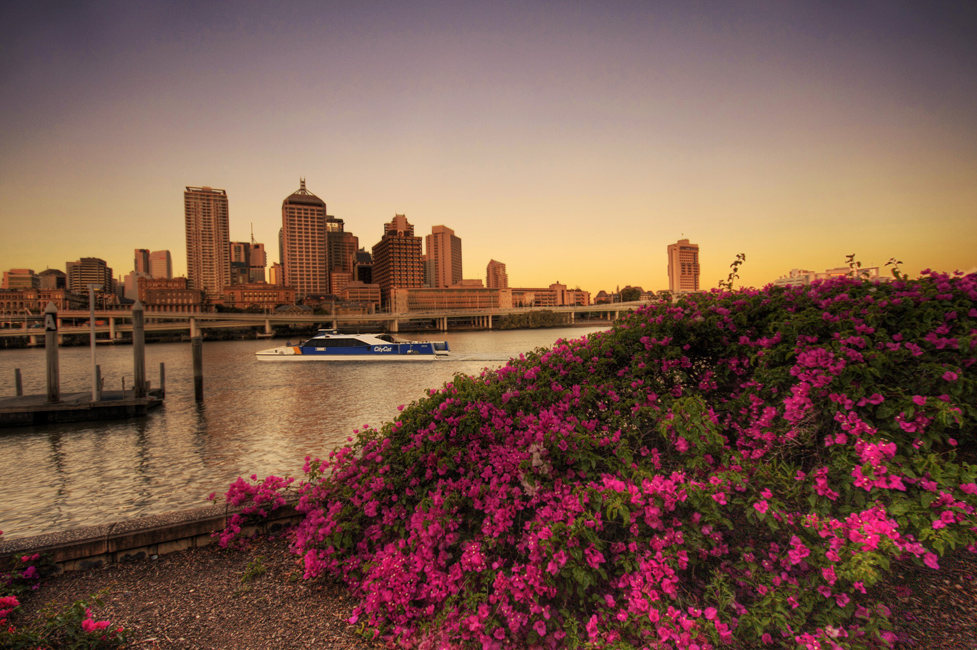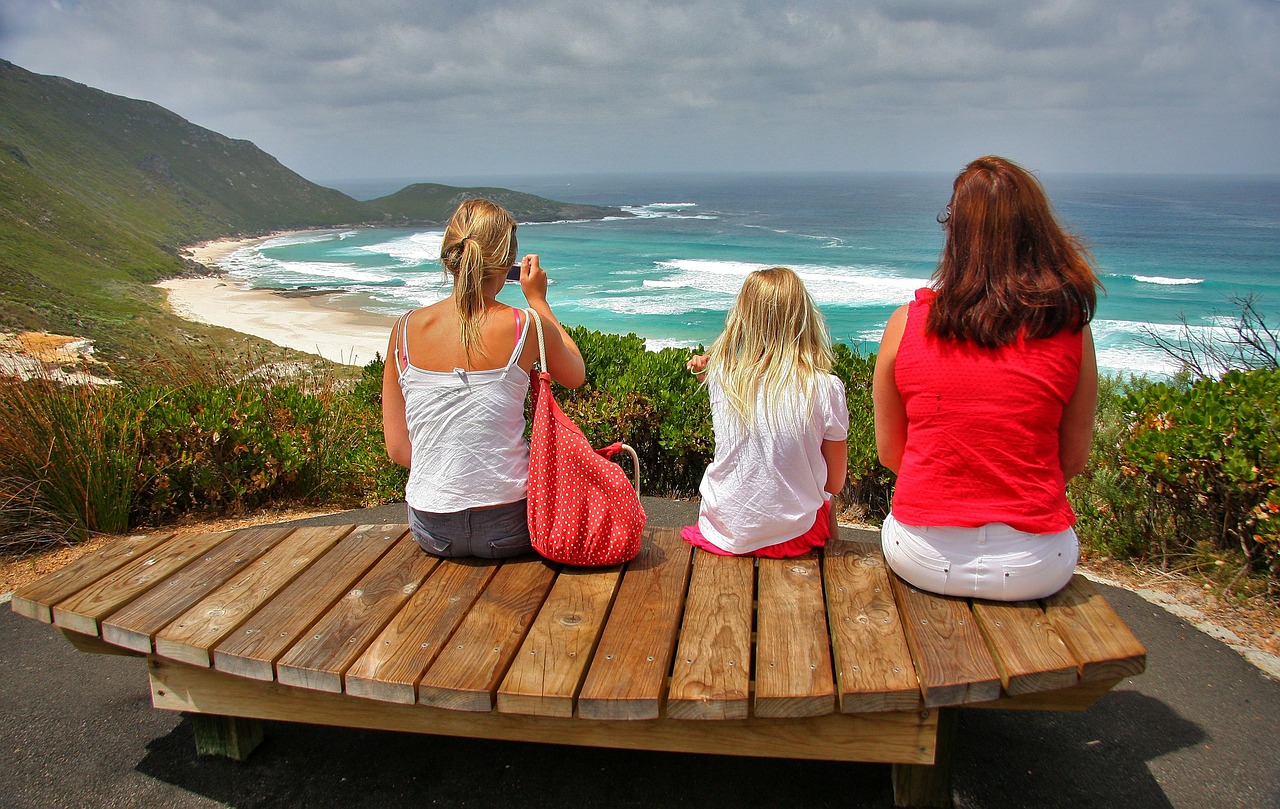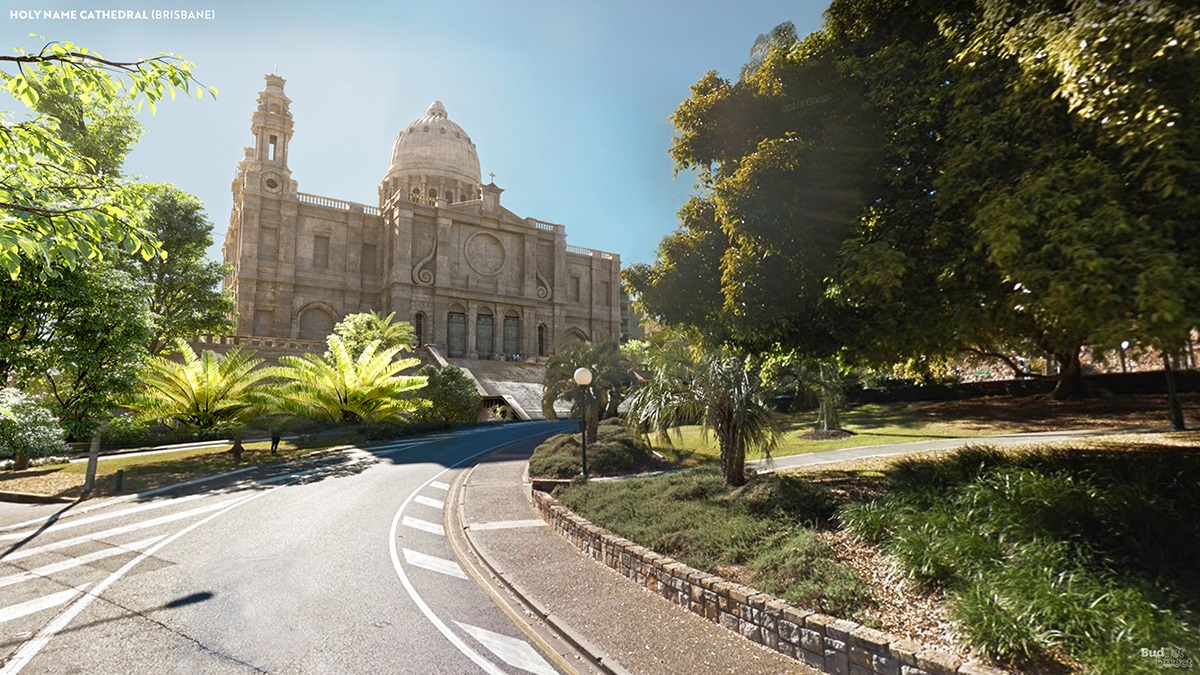The winter season in the majority of Australia runs from June through August. In the Northern Territory, it’s from June to August. Northern Territory falls in the dry season, which makes it a great time to explore the north of the country, which includes Darwin and the Top End and the Kimberley.
From warm summer days in the north to frigid winter temperatures and even snow in a variety of areas to the south of Sydney, traveling to Australia in winter is a pleasant experience and provides a wide range of things to do and places to visit. The winter season in Australia is usually less crowded. However, there may be more families from the local area in the ski areas in mid-July, during the school break. Find out more about places to go and what to do in the country during winter.
1. Encounter Desert life on Uluru-Kata Tjuta National Park
Explore the stunning granite monoliths surrounding Uluru along with Kata Tjuta from camel, segway, motorbike or helicopter or even stroll through the Larapinta Trail or explore the amazing Field of Light installation featuring the 50,000 solar-powered stems. It would help if you were sure to stay for a while to enjoy the stunning outback skies. Away from the city lights, the stars appear more massive and brighter here.
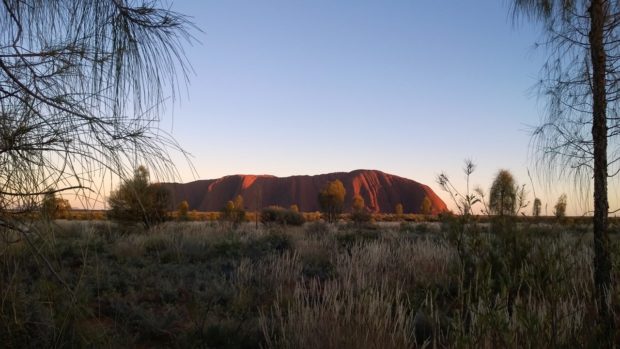
Take in Aboriginal stories and myths about the night sky during the guided stargazing tour offered at Ayers Rock Resort. This is a trip through the Milky Way with the resort’s resident astronomer, who uses binoculars, telescopes, and telescopes. If you’re looking for something unique, go to Alice Springs for the annual Camel Cup. The colorful festival and outback nature is a two-day celebration. Some camels are natural athletes, while others aren’t interested in running. This makes for an enjoyable day on the track.
2. Sydney Opera House
The heart in the heart of Sydney City at Bennelong Point is the most well-known architectural wonder that is the Sydney Opera House. The masterpiece was created by Jorn Utzon, a Danish architect from Denmark, in the International Design Competition held in 1956. In 14 years of construction, the famous building was completed.
The venue was designed as a music venue that could house diverse performing arts like Opera and Musicals, Ballet, Symphony Orchestra and other things. The Sydney Opera House is an important symbol of the rich culture of Australia monuments. It is possible to understand the rich history of Australia while going to Sydney’s Opera House. Due to its historical and cultural significance, the Opera House was listed as a UNESCO World Heritage site in 2007.
3. Jamberoo Action Park
There’s no room for frightened cats in the Jamberoo Action Park, where the giant spider sculpture in the world is located. Be ready to take on the waves and take control of the action since just an hour’s drive from Sydney is the most loved NSW water park, the Jamberoo Action Park. Take a plunge into the center of the Perfect Storm, do the Bobsled ride across the Australian Alps or relax in the secluded Outback Bay. Of course, you must go on the Funnel Web is a ride that is not to be missed. You can race over the enormous spider at 30 kilometers per hour.
Wykymania, CC BY-SA 3.0, via Wikimedia Commons
4. Canberra in Australia
The capital of Australia, Canberra, which was first established as an urban plan around 1913, is slowly growing into a vibrant and appealing city. It’s located in the northern part of Canberra in the Australian Capital Territory and is known as”the “bush capital”; breathtaking natural landscapes and low-lying mountain ranges surround it.
The city has a myriad of intriguing historical landmarks, most of which are connected to parliament and the government. The vibrant metropolis, once the home of officials from the government and politicians, is now home to national monuments, top art galleries, and museums. There are many restaurants, shops, pubs, and large student populations, which has led to lively nightlife.
In case you are interested in starting a business you should know that Australia offers an ideal environment for company formation, with a clear and efficient registration process and in case you want to start a business in this country, you’ll benefit from various resources and a business-friendly framework that makes the process smooth and accessible. Whether you’re launching a small startup or a larger company, Australia provides the support needed for success.

